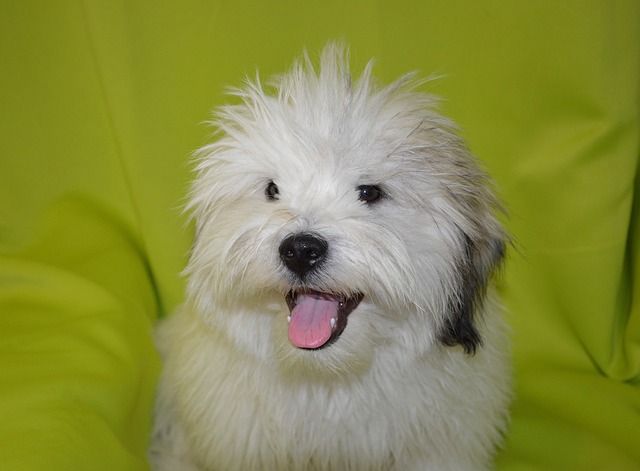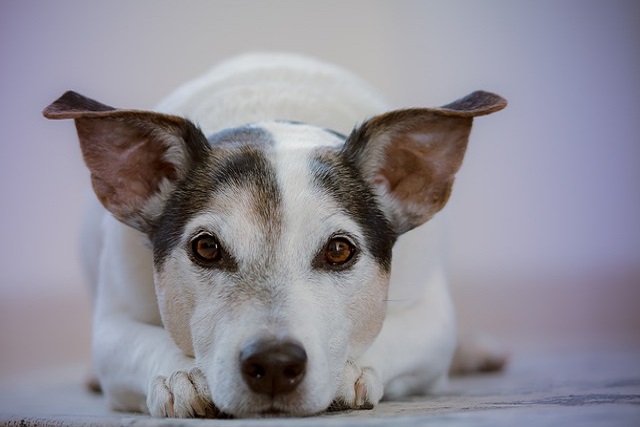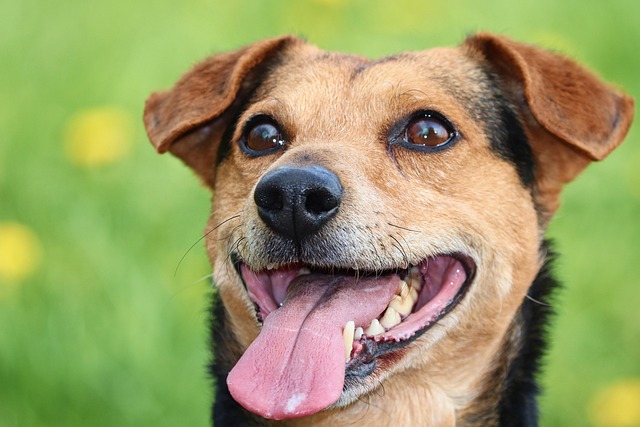
What can be fed to a dog when its coat color is not good
In the morning sunlight, other people's dogs have smooth and shiny fur, shining like silk. However, your own precious dog's fur is dull, dry, and rough,
When a dog looks at the delicious food in our hands with its big, watery eyes and wags its tail to act cute, many owners can't help but want to share a bite with it. However, this seemingly warm sharing may hide potential threats to the dog's health. Our love for dogs drives us to want to give them the best, and scientific and reasonable feeding is the key to truly protecting their health. From the perspectives of pet nutrition and physiology, deeply exploring the connection between the food humans eat and the dietary needs of dogs can help us find a balance between love and health.
The digestive system of dogs is significantly different from that of humans, which determines that not all human food is suitable for them. In the long process of evolution, humans have developed a digestive system that can adapt to a diverse diet and can digest various foods such as grains, vegetables, and meats. Although dogs have been domesticated, their digestive system still retains many characteristics of carnivores. The content of amylase in their saliva is extremely low, making it difficult to effectively decompose carbohydrates; their intestines are relatively short and unable to fully ferment and absorb high-fiber foods like humans. When we see dogs showing symptoms such as indigestion, vomiting, and diarrhea after eating unsuitable human food, the distress and self-blame are beyond words. This makes us deeply realize that feeding dogs should not be based solely on momentary affection, but rather on understanding their physical characteristics and nutritional needs.
Among the food that humans eat, there are many "dietary no-go areas" for dogs. Once they accidentally eat these foods, it may lead to serious consequences. Chocolate is one of the foods that are extremely harmful to dogs. The theobromine and caffeine contained in it have a strong stimulating effect on the central nervous system and cardiovascular system of dogs. Even a small amount of chocolate can cause symptoms such as vomiting, diarrhea, and an accelerated heart rate in dogs. In severe cases, it can even cause convulsions, coma, and death. Remember, an owner accidentally dropped a small piece of chocolate on the floor, and the curious dog quickly swallowed it. Soon, the dog became restless and vomited continuously. The owner rushed it to the hospital for emergency treatment. Only after emergency treatment did the dog get out of danger. Recalling that thrilling scene, the owner still feels scared. Grapes and raisins are also dangerous. Although the specific poisoning mechanism has not been fully clarified, clinical cases show that they may lead to acute renal failure in dogs. The disulfides contained in onions and garlic can damage the hemoglobin in the red blood cells of dogs, causing hemolytic anemia and making the dog show symptoms such as listlessness, loss of appetite, and pale gums. Sharp bones, such as chicken bones and fish bones, become hard and sharp after cooking. When dogs swallow them, they are likely to scratch their mouth, esophagus, and gastrointestinal tract, causing serious injuries such as bleeding and perforation. These dangerous foods are like "time bombs" hidden in daily life, constantly threatening the health of dogs, reminding us to be highly vigilant when feeding them.

However, not all human food cannot be fed to dogs. Under the premise of reasonable control and processing, some foods can be a beneficial supplement to a dog's diet. Fresh vegetables and fruits are rich in vitamins, minerals, and dietary fiber, and feeding them in moderation can provide rich nutrients for dogs. For example, carrots are rich in carotene, which can be converted into vitamin A in the dog's body, helping to protect eyesight and maintain skin health; broccoli contains vitamin C, vitamin K, and dietary fiber, which can enhance immunity and promote gastrointestinal digestion. Fruits such as apples and bananas contain a variety of vitamins and minerals. Eating them in moderation can supplement nutrients, but it is necessary to remove the cores and peels because the cores may contain toxic substances. When choosing meat, high-quality protein sources such as chicken, beef, and fish can be fed to dogs in moderation as long as they are cooked and deboned. When we feed these carefully prepared healthy foods to dogs and watch them enjoy them happily, we feel extremely relieved, knowing that these foods are contributing to their health.
When feeding human food to dogs, the cooking method and seasoning are also crucial. Human food often goes through complex cooking and seasoning, with a large amount of salt, sugar, oil, and spices added, which may be too stimulating for dogs. The kidneys of dogs have limited ability to metabolize salt. Long-term intake of high-salt foods will increase the burden on the kidneys, leading to problems such as high blood pressure and edema; excessive sugar can easily cause diseases such as obesity and diabetes; high-fat foods may cause indigestion, pancreatitis, and other problems. Therefore, when feeding human food to dogs, it is advisable to choose cooking methods such as steaming and boiling to maintain the original flavor of the food, avoid high-fat cooking methods such as deep-frying and pan-frying, and do not add seasonings such as salt, sugar, soy sauce, and chili peppers.
When we share food with dogs, the warmth brought by the emotional communication makes us feel happy. But we must understand that loving them is not only about giving company and delicious food but also about being responsible for their health. Before every feeding, we should think about whether this food is suitable for dogs and whether it will affect their health. We should not blindly feed them because of the dogs' longing eyes and cute actions, putting them in a health crisis. Watching the dog grow healthily and lively under our scientific and reasonable feeding, with bright eyes, smooth fur, and abundant vitality, is our greatest wish.
Human food cannot be casually fed to dogs. We need to use professional knowledge to distinguish which foods are safe and beneficial for dogs and which foods pose risks; use full love and patience to choose a suitable diet for dogs. In the days spent with dogs, we should always pay attention to their health and express our love in the right way. Only in this way can our dogs spend every day healthily and happily under our careful care and accompany us through long and wonderful years.

In the morning sunlight, other people's dogs have smooth and shiny fur, shining like silk. However, your own precious dog's fur is dull, dry, and rough,

In the late night, in the silent room, you, who were originally sleeping quietly, are suddenly awakened by a "rustling" scratching sound.

In the years spent with our dogs,we always hope to take care of their health in the best way. Probiotics,which have received much attention in pet care in recent years,are like"health guardians"silently protecting our dogs'gastrointestinal tracts.

When the lively and lovely little Golden Retriever at home suddenly starts hiccupping frequently, and the sound of "hic, hic" comes intermittently,

The sight of a dog's hair flying around after a bath often makes the owner feel both distressed and anxious. Behind the hair that falls like snowflakes, there are complex physiological and environmental factors.

When you open the door in the morning and see the uneven ground in the yard, the newly renovated lawn dug up and in a mess, and the garden landscape you were looking forward to turned into a "battlefield",